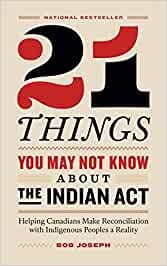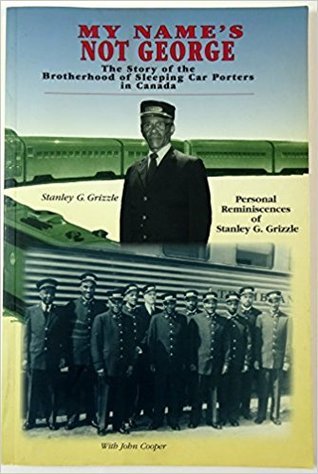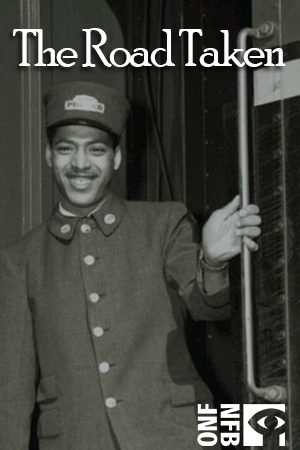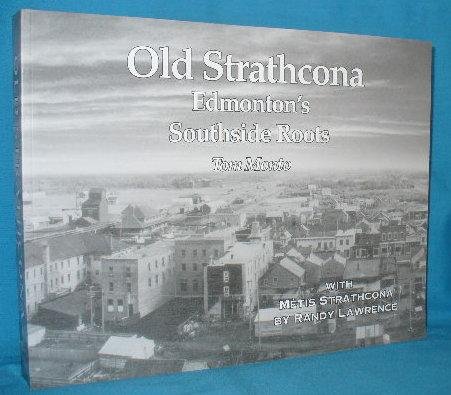Bound by the Rails
On this episode of A Little Bit Ritchie, we’re talking transportation! This episode includes a quick overview of the famous railway that connected Canadians across the nation—the Canadian Pacific Railway—and we address the displacement left in the train's wake. This section discusses historical sources that use derogatory language towards Indigenous peoples. To skip this section, jump to 13:47. Next, we look into Sleeping Car Porters’ lives, working conditions, and activism. Then we chat about the Edmonton Yukon Railway, one of the lesser-known railways in the region. To conclude, we discuss how the rail lines shaped the contours of modern-day Ritchie, and we finish with a tale of early immigration and settlement that hits close to home.
Subscribe Today:
Show Notes
[Canadian Pacific Railways] Black Porters, ca. 1920. Photo A9167 appears courtesy of the Provincial Archives of Alberta.
Five unnamed Porters employed by the CPR seated in an unknown location.
Photo A14978 appears courtesy of the Provincial Archives of Alberta.
An early view of the tracks of the Edmonton, Yukon and Pacific Railway line as they approached Gainers packing plant through the Mill Creek Ravine.
Image courtesy of Peel’s Prairie Provinces, a digital initiative of the University of Alberta Libraries.
Postcard view of Low Level Bridge in Edmonton, ca. 1908.
Photo A5677 appears courtesy of the Provincial Archives of Alberta. Adolf Minchau Blacksmith Repair Shop Edmonton, Alberta, ca. 1911.
Prior to the widely-known brick building, Michau’s blacksmith was a small, wooden shop.
A. Minchau Blacksmith Shop, Edmonton, Alberta, ca. 1938. Photo A5681 appears courtesy of the Provincial Archives of Alberta.
The Minchau’s Blacksmith shop in West Ritchie.
BOOKS/ARTICLES
To broaden your understanding of the Indian Act, take a look at Bob Joseph’s book 21 Things You May Not Know About the Indian Act.
In Riding the Rails, Jenny Carson documents the experiences of Porters living in Canada and the United States.
Stanley Grizzle’s memoir, “My Name’s Not George: The Story of the Brotherhood of Sleeping Car Porters in Canada,” offers an inspirational and harrowing account of life as a Porter.
Dr. Jennifer Kelly’s article, “Brotherhood of Sleeping Car Porters,” is a fascinating read accompanied by wonderful images.
For more information about Sleeping Car Porters, take a look at the artful documentary, The Road Taken.
Tom Monto describes the in’s-and-out of early life in Strathcona in his book, “Old Strathcona: Edmonton’s Southside Roots.”
For more information on German settlement in Ritchie and the Minchau family, take a look at Dane Ryksen’s article, The Minchau Blacksmithing Shop.
ADDITIONAL INFORMATION
Porters maintained three residences: their family home, their sleeping quarters on the train, and a home at the end of the rail line. The third residence was usually a church or a hostel, and to accommodate the Porters, Black communities began to form on either end of the rail line. In Vancouver, Black communities formed in Hogan’s Alley; in Montreal, it was Little Burgundy; and in Halifax, it was Africville. Due to systematic racism surrounding the housing industry, these communities experienced their share of hardship. In 1951, the thriving community of Africville, which housed thousands of people, was destroyed to construct industrial development. To our knowledge, there there were no Black sleeping car porters, families, or communities in the Ritchie area.
Take a look at this fascinating interview with Edmonton-born Hazel Proctor, the daughter of Bert Procter, who was the president of the Brotherhood of Sleeping Car Porters.
LAND ACKNOWLEDGEMENT AND RECONCILIATION RESOURCES
Reconciliation Committee: A Little Bit Ritchie is more than entertainment and celebration. It is also a mutual learning method. To foster this learning, the league has developed a Reconciliation Committee, which aims to work with the community to understand the history of the lands we call home. We hope to learn more about the rich indigenous history of the area and build stronger relationships with communities and residents present today. The committee hopes to explore what these lands mean to us and develop a deeper appreciation with bi-weekly meetings, which will create educational opportunities for the community through readings, discussions, and guest speakers.
If you’d like to get involved with the board, share stories or educational resources, or learn more, don’t hesitate to contact Seghan at civics@ritchie-league.com.
LOCAL ORGANIZATIONS
The podcast “Our Foods: Chatting about Métis food Sovereignty” from the University of Alberta’s Faculty of Native Studies explores many aspects of food sovereignty in the Métis community.
The University of Alberta offers a free online course about Indigenous history in Canada.
Turtle Island Safer Spaces works with local businesses to facilitate learning and proactive allyship for Indigenous youth.
Mâmawô ayâwin at Edmonton Public Library is a platform for gathering and learning, developed from Edmonton Public Library’s response to the Truth and Reconciliation Commission of Canada's calls to action.
CORRECTIONS
__
NEXT TIME
On the next episode of A Little Bit Ritchie, we will talk about Ritchie's rich recreational history, from playgrounds to the history of sports programs.
CALL TO ACTION
To show your support for the Ritchie Community League, consider The Ritchie Crew Subscription Service.
Love doughnuts? Love Ritchie? You’re in luck! Our community collaborator this month needs no introduction; it’s Doughnut Party! The Doughnut Party crew is dedicated to fostering an inclusive, welcoming, and playful environment. In February, Doughnut Party celebrated their second anniversary in Ritchie, and we couldn't be happier to have them in the community. Every weekend for the rest of March, pop by Doughnut Party’s Ritchie location to pick up a Ritchieberry Fritter! With mixed berries and a shining vanilla glaze, this sweet treat hits the spot!
Follow us on Facebook, Twitter, and Instagram! Find us on Apple Podcasts, Amazon, Apple Podcasts, Stitcher, Spotify, Google Podcasts, and don’t forget to give us a rating and a review.
If you have a story you would like to share in a future episode of A Little Bit Ritchie, send us an email at community-planning@ritchie-league.com.
CREDITS
A Little Bit Ritchie is brought to you by the Ritchie Community League Centennial Celebration Committee. Erin Fraser and Seghan MacDonald chair the committee. Our primary researcher is Linnea Bell. Elyse Colville wrote this episode. A Little Bit Ritchie is produced by Castria Communications and Media Solutions and hosted by Lydia Neufeld. This project is supported by the Edmonton Heritage Council and the City of Edmonton. Thank you to Tierra Connor for creating our artwork. Our theme music is “Twin Ponds” by Hemlock.










